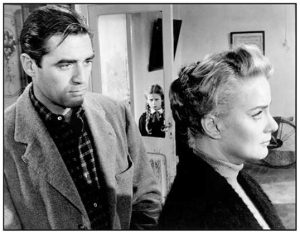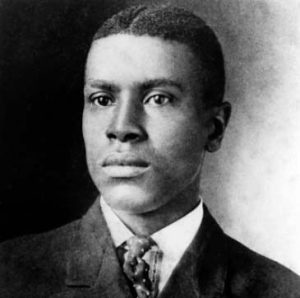 IL GRIDO (1957), the widely underseen early masterwork by Italian auteur Michelangelo Antonioni, will run at Film Forum in a new 4K restoration from Friday, November 8 through Thursday, November 14.
IL GRIDO (1957), the widely underseen early masterwork by Italian auteur Michelangelo Antonioni, will run at Film Forum in a new 4K restoration from Friday, November 8 through Thursday, November 14.
Deserted by the mother of his child, Aldo, a factory worker (played by Hollywood tough guy Steve Cochran) wanders through the Po Valley in search of solace and connection. His romantic prospects—including a gas-station owner (Dorian Gray), a sex worker (Lyn Shaw), and an old girlfriend (Betsy Blair, Oscar nominee for the prior year’s Marty and Mrs. Gene Kelly)—fizzle out into alienation and despair.
Made three years before his international breakthrough L’avventura, this rare departure from exploring affluent society is among Antonioni’s most politically trenchant films and a raw expression of anguish that remains one of Italian cinema’s great underappreciated gems. Strikingly composed with atmospheric photography by the great Gianni Di Venanzo, IL GRIDO reveals a director in the process of discovering his artistic signature.
Directed by Michelangelo Antonioni, from the screenplay by Michelangelo Antonioni, Elio Bartolini and Ennio De Concini, the film stars Steve Cochran, Alida Valli, Betsy Blair, and Dorian Gray.








